Grand Tour of Italy
- Return flights
- 14 nights in 4-star hotels
- 23 meals: 14 breakfasts, 1 lunch, 8 dinners
Mon-Fri: 0900 -1800 Sat: 09:00 - 17:00 Sun& BH: Closed
Mon-Fri: 0900 -1800 Sat: 09:00 - 17:00 Sun& BH: Closed
The Society’s archives comprise over 2,500 items specifically relating to the historical geography of Japan, dating from the 17th century to the present day. Highlights include a porcelain dish from the late Edo Period (c.1830-1843) with a press-moulded relief map of Japan, a coloured Japanese road map by Suigashi dating from 1804 and over 100 stunning, coloured prints of Japanese life during the early twentieth century.
In the footsteps: Isabella Bird | In the footsteps: Herbert Ponting | In the footsteps: Philipp Franz von Siebold





Isabella Bird, one of the most famous and celebrated Victorian travel writers, was born in 1831. She faced poor health throughout her childhood and was encouraged by her father and doctor to travel overseas to improve her health. She travelled widely and in 1878 she embarked on a journey to Japan. Her travels took her from Tokyo to Nikko and northwards towards Aomori on horseback. From there, she ventured “off the beaten track” to Hokkaido, where she hired a helper and spent time living among the Ainu people, learning about their culture and beliefs.


Born in England in 1870, Herbert Ponting emigrated to California in his twenties and explored various pursuits before settling on his true passion - photography. Ponting visited Japan numerous times in his early career. He immersed himself in the beauty of the country, he scaled Mount Fuji and wandered amongst Kyoto’s ancient temples and scenic landscapes. He described the city as ‘one of the most beautiful and fascinating cities’ and was captivated by the ‘seas of cherry-blossoms’ and ‘gorgeously coloured maple-trees’.
Soon after his return from Japan, Ponting was recruited as the first ever professional photographer to embark on an Antarctic expedition, joining Robert Falcon Scott’s Terra Nova expedition (1910-1913), during which he held lectures on Japan for his crewmates.
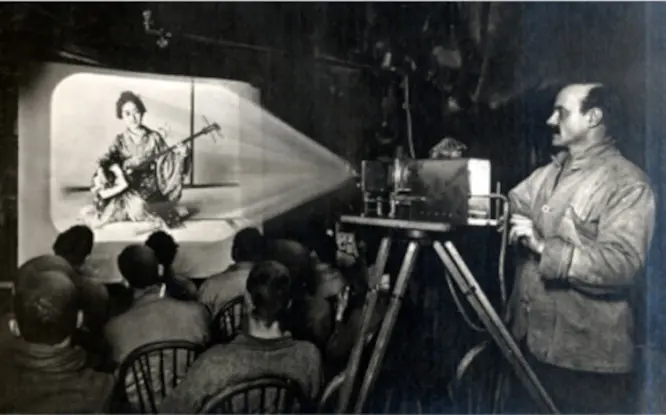
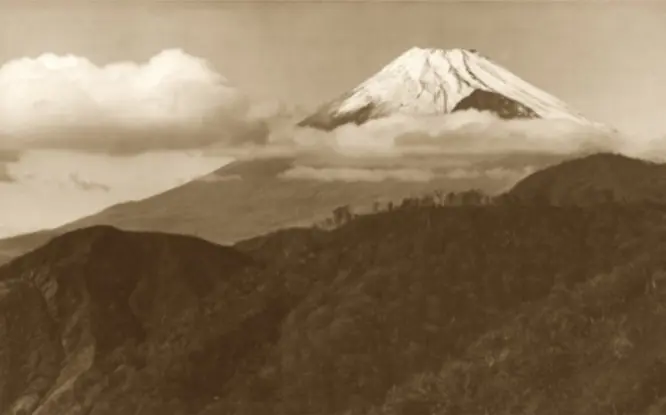
Siebold, a physician, botanist and traveller, was born into a family of physicians in Germany. In 1822, he joined the Dutch East Indies army and was posted to Dejima, a Dutch trading post in Japan. Siebold’s curiosity extended far beyond medicine and he became fascinated by Japanese flora and fauna. He amassed an impressive collection of specimens and built a small botanical garden behind his home which contained over 1,000 Japanese plants. Siebold engaged in scientific and cultural exchange with Japanese scientists, treated Japanese patients and is credited with the introduction of vaccination and pathological anatomy in Japan.
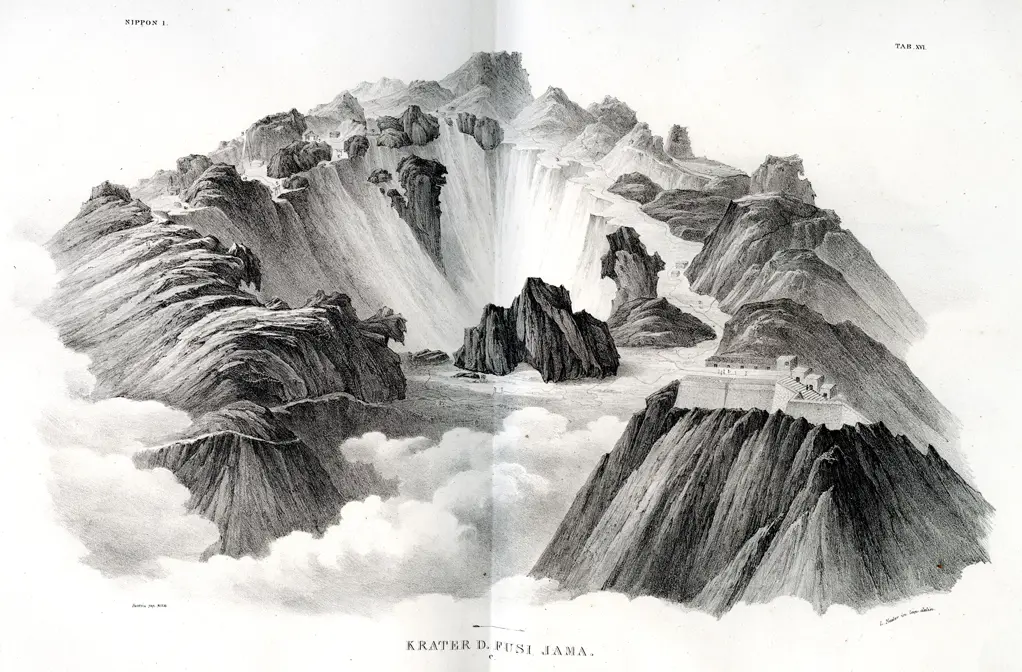
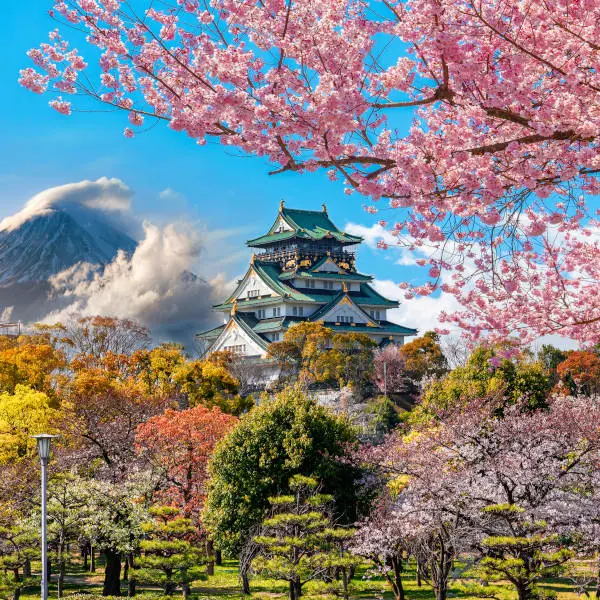
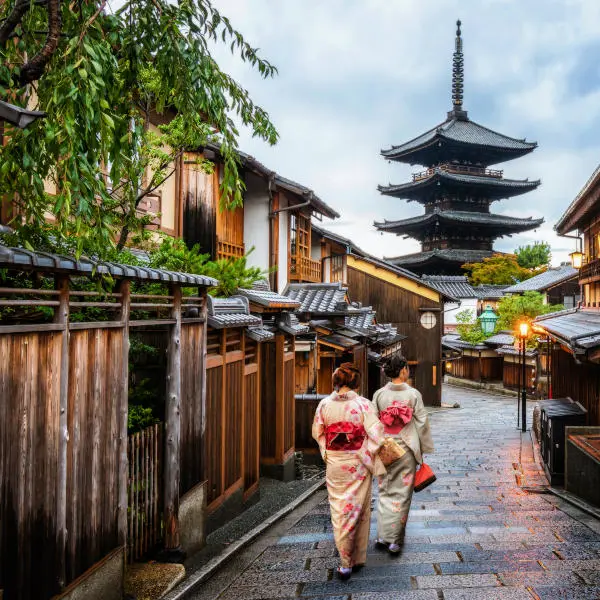
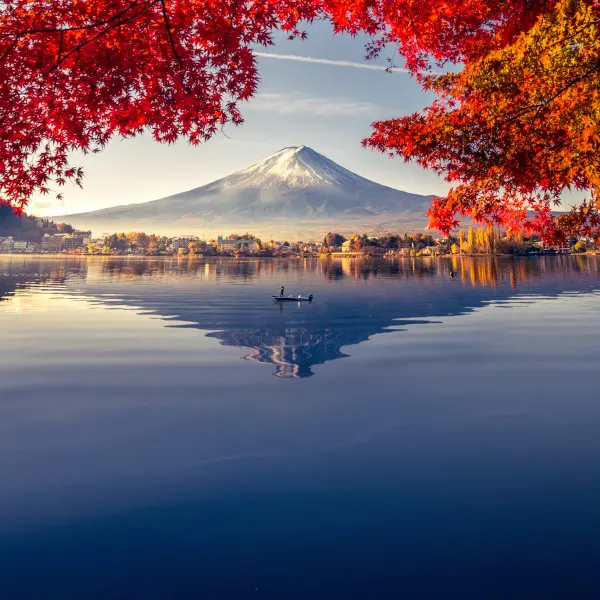
From Tokyo to Kyoto, Osaka and beyond, discover the unforgettable highlights of Japan including an incredible high-speed ride on the Bullet Train.
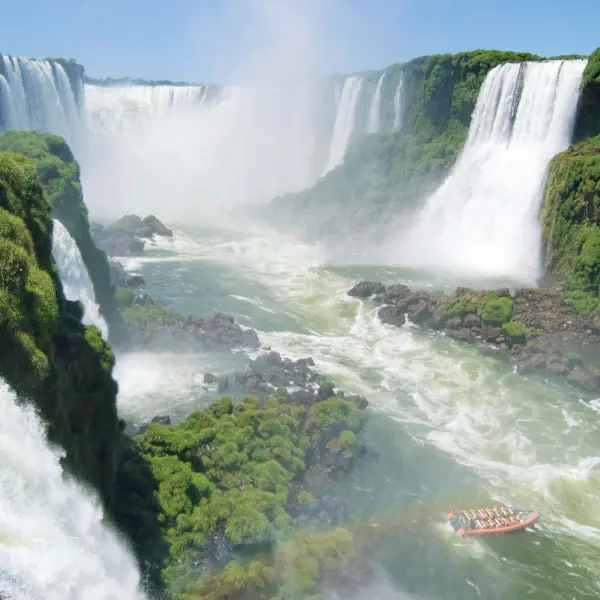
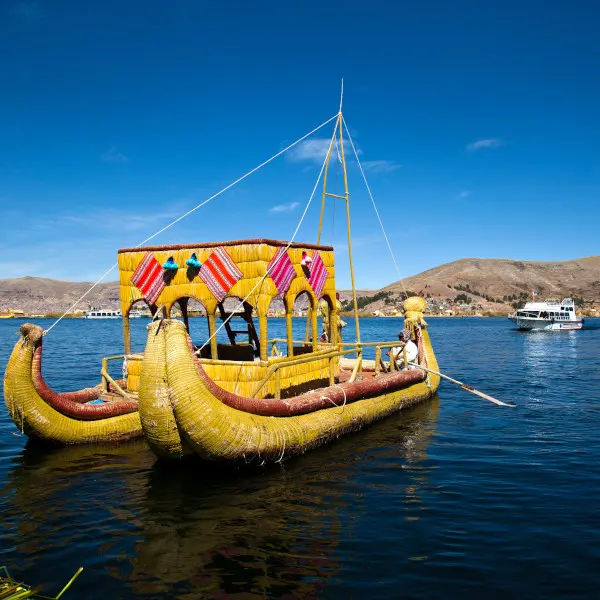
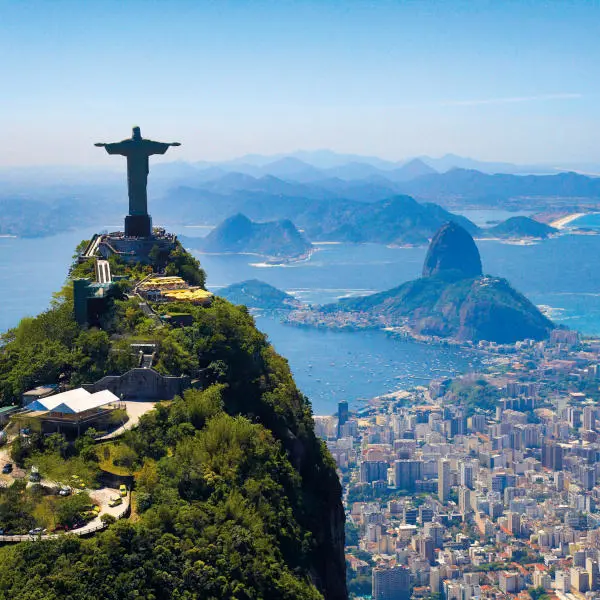
Soak up the spectacular sights and sounds of four Latin American countries - Peru, Bolivia, Argentina and Brazil - on a tour that's strictly for the adventurous.
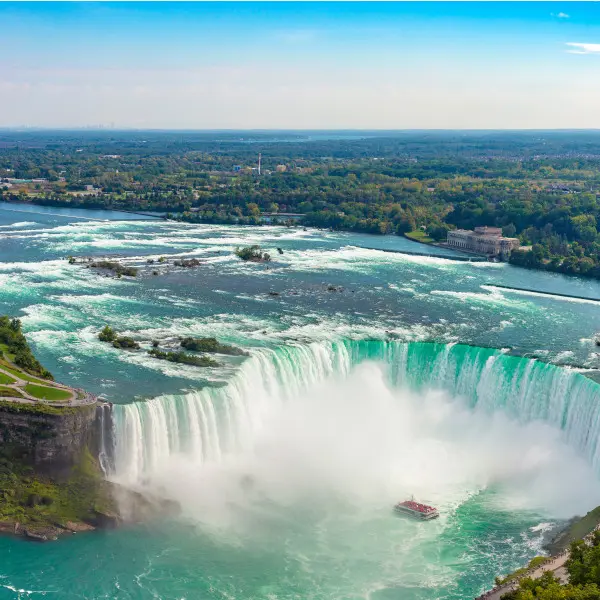
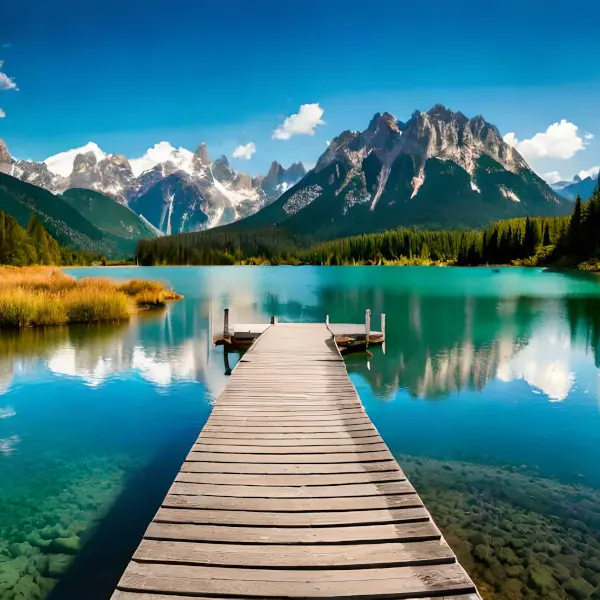

From east to west, this ultimate trip across Canada takes in all the must-see highlights and includes a breathtaking journey on the Rocky Mountaineer train.
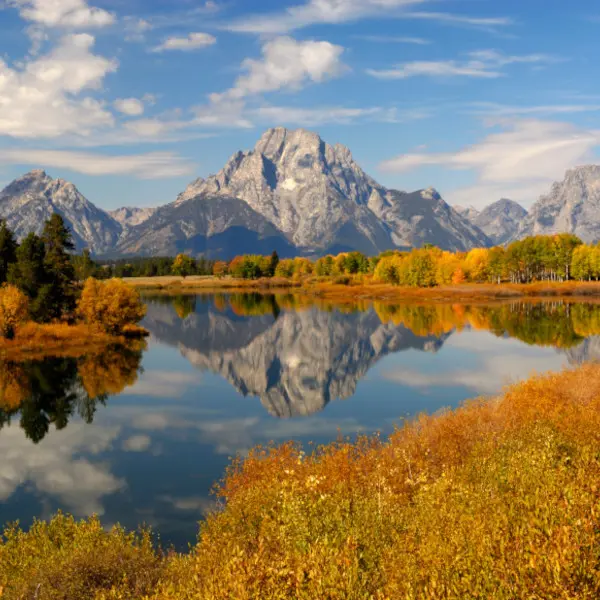
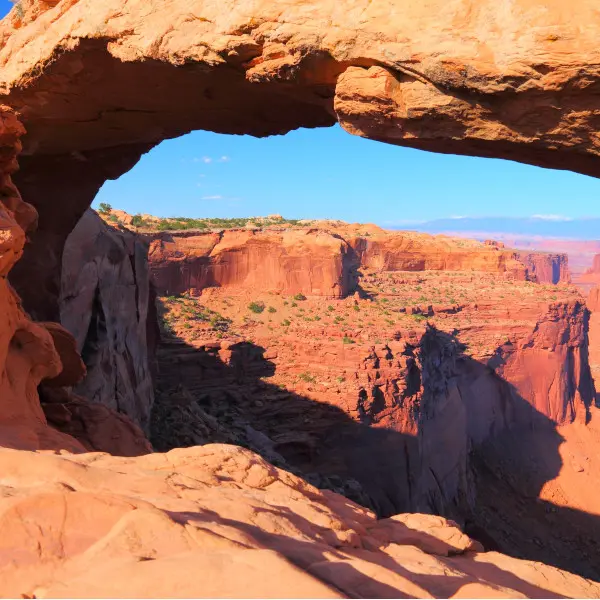
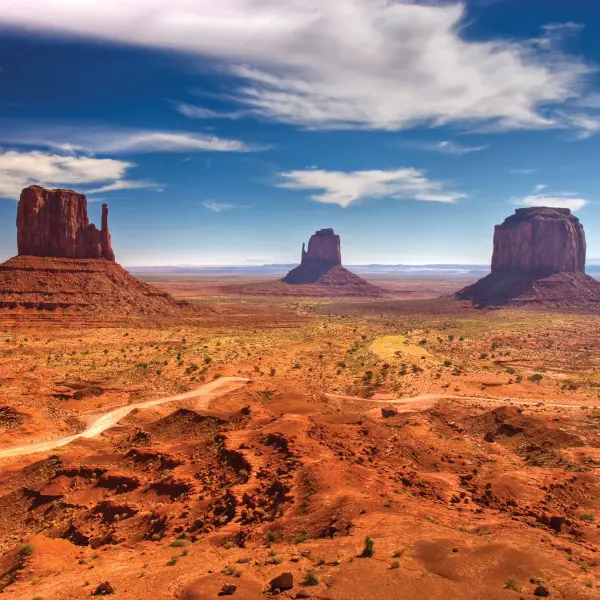
Venture through seven states and be mesmerised by the breath-taking and diverse scenery on this Royal Geographical Society tour to Americas National Parks.
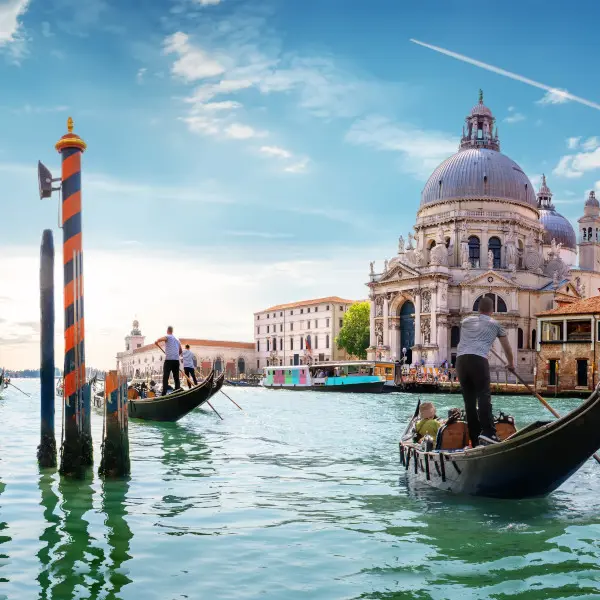
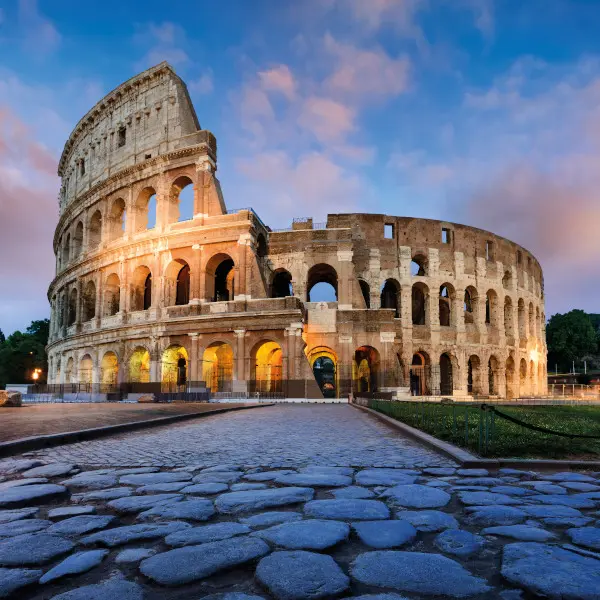
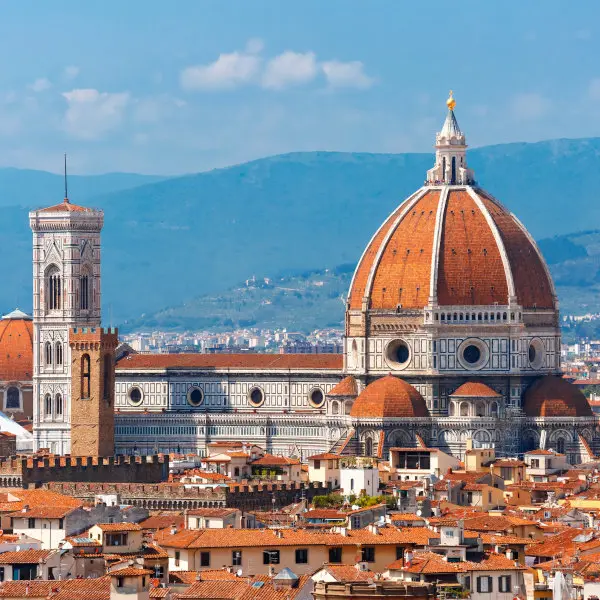
Part of the Royal Geographical Society collection, travel from top to toe and explore Italy’s famous landmarks. Visit iconic cities Venice, Florence and Rome and discover the hidden gems of Pompeii, Sicily and more.
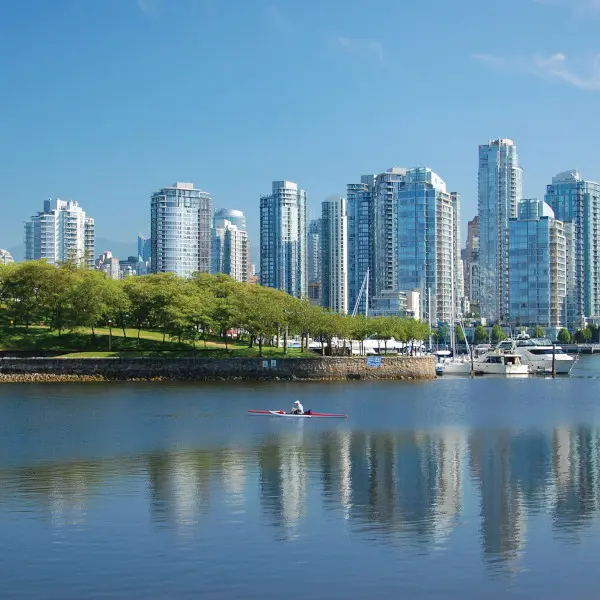


Journey from East to West taking in the best of Canada, plus a ride on the iconic Rocky Mountaineer train topped of with a relaxing stay in Vancouver.
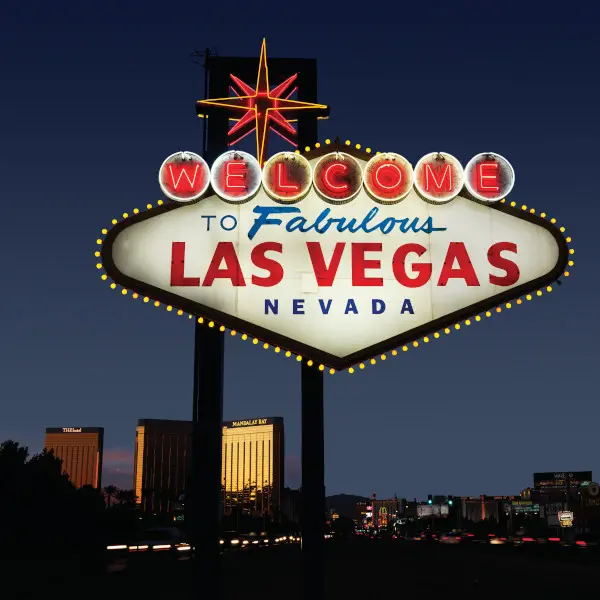



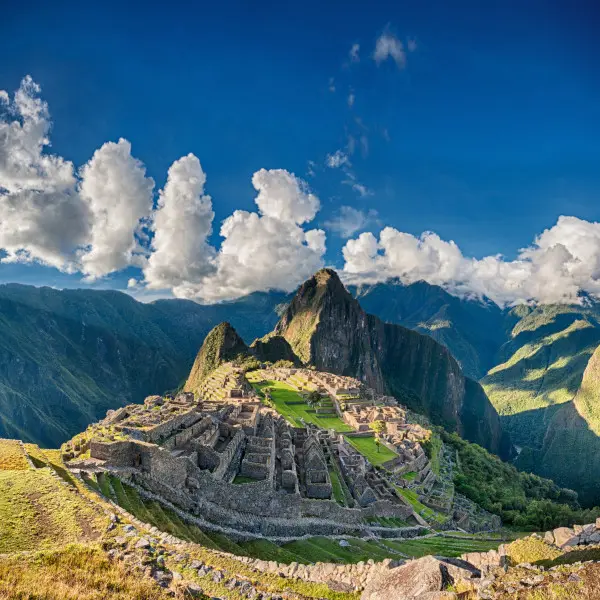

Soak up the spectacular sights and sounds of four Latin American countries - Peru, Bolivia, Argentina and Brazil - on a tour that's strictly for the adventurous. Enjoy extended time in the fascinating city of Rio de Janeiro at the end of your holiday.
All historical images (photos, artwork, maps) ©RGS-IBG